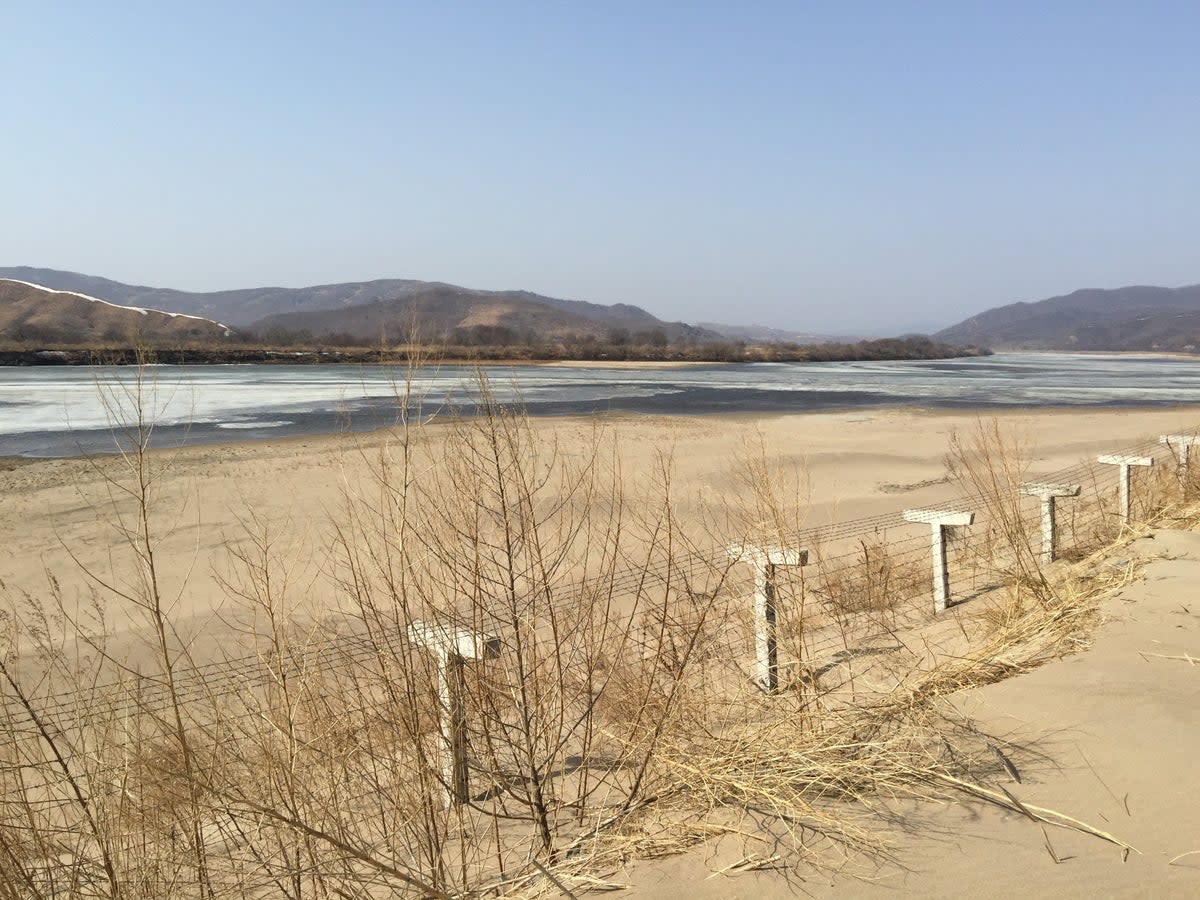Families in North Korea ‘starving to death’ due to lack of supplies – report

Families in North Korea are dying of starvation due to a shortage of supplies amid the Covid-19 pandemic and the supreme leader's vested interest in nuclear weapons.
Civilians living in the world's most isolated country told BBC that they have watched their neighbours starve to death due to a lack of food supplies after Kim Jong-un sealed the borders in 2020.
Pyongyang has struggled to produce enough food for its 26 million people, but due to the sealed borders, authorities stopped importing grains, fertilisers, and machinery from China.
The fortified borders have also reportedly made it impossible for people to smuggle in food to sell at the unofficial markets.
A market trader from the north of the Hermit Kingdom said almost three-quarters of the products in her local market used to come from China, but it was "empty now".
A construction worker who lives near the Chinese border claimed that food supplies were so low that five people from his village had already died from hunger. "At first, I was afraid of dying from Covid, but then I began to worry about starving to death," the worker told BBC.
He added that his friend's son witnessed several closed-door executions, where in each instance, three to four people were killed for attempting to escape. "Every day it gets harder to live," he said, adding: "One wrong move and you are facing execution."
"We are stuck here waiting to die."
According to South Korea, at least 1,000 people used to flee the North each year to cross the Yalu River into China. But it has become impossible due to the beefed-up security at the border. "If you even approach the river now you will be given a harsh punishment, so almost nobody is crossing," the market trader said.
A Pyongyang resident told the publication that she heard of people who killed themselves at home or disappeared into the mountains to die. Once the resident went two days without eating and thought she was going to die in her sleep.
A new UN report named North Korea among the countries that require monitoring due to concerns about food insecurity.
The Food and Agriculture Organization (FAO) and World Food Program (WFP) said that “available analyses suggest that a large proportion of the population in the Democratic People’s Republic of Korea might suffer from low levels of food consumption and poor dietary diversity".
The worsening food situation was caused due to “a protracted economic crisis, which was exacerbated by the lasting impact of Covid-19", the report found.
Low levels of agricultural output due to an extreme drought last spring and “flooding in July-August” was also one of the potential factors that led to a “a severe impact on food security, particularly during the lean season in May-August".
For the first time in 23 years, Pyongyang cut ration supplies for soldiers in February, despite the military's contribution to the leader's pledge for an "exponential increase" in the country's military.
Supplies were reduced to 580g per North Korean soldier from the previous 620g, reported The Dong-A Ilbo newspaper, citing a high-ranking South Korean government official.
The ruling Workers’ Party of Korea called for a meeting of the central committee in late February for the “very important and urgent task to establish the correct strategy for the development of agriculture”.
In April 2021, Mr Kim himself raised the threat of food shortages in his country, comparing the situation to a deadly famine, when an estimated three million people were killed between 1994 and 1998.
It was a period of mass starvation when food shortages struck after the collapse of the Soviet Union.

 Yahoo News
Yahoo News 
